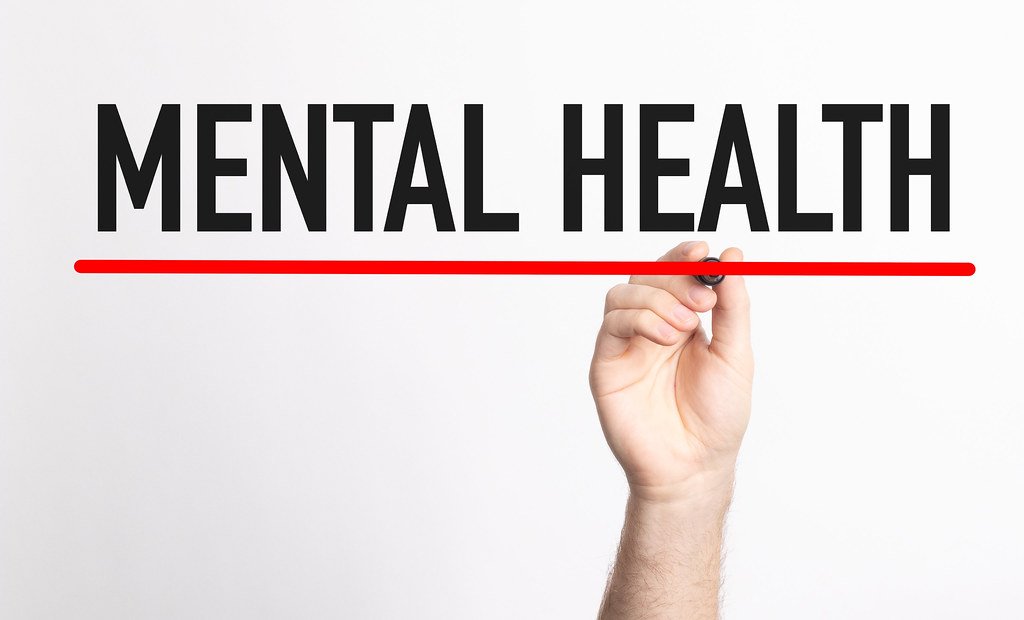Contribution, the act of giving back to society or those in need, has been shown to have numerous benefits for mental health. In today’s fast-paced world, many individuals struggle with anxiety, stress, and depression, leading to an overall decrease in well-being. However, finding ways to contribute to the community and help others can provide a sense of purpose and fulfillment that can improve mental health. This article explores the benefits of contributing to mental health and provides tips on how to get started.
The Connection between Contribution and Mental Health
Contribution can provide a sense of meaning and purpose, which are essential elements of good mental health. By giving back to society or helping those in need, individuals can feel like they are making a difference and that their lives have value. This can lead to feelings of satisfaction and fulfillment that can improve overall mental well-being.
Moreover, a contribution can provide a sense of social connectedness, which is also crucial for mental health. By engaging in activities that help others, individuals can develop relationships and a sense of belonging, which can lead to feelings of support and reduce feelings of loneliness and isolation.
The Benefits of Contribution for Mental Health
1. Reduced Stress and Anxiety
Contributing to society can help individuals reduce stress and anxiety levels. Engaging in activities such as volunteering, donating to a charity, or helping a friend in need can provide a sense of control and reduce feelings of helplessness. By focusing on the needs of others, individuals can also shift their focus away from their own problems and decrease stress levels.
2. Increased Self-Esteem
Contribution can boost self-esteem by providing a sense of accomplishment and self-worth. When individuals engage in activities that help others, they can see the positive impact they have made, which can improve their self-esteem and confidence.
3. Improved Mood
Engaging in activities that help others can also improve mood and reduce symptoms of depression. By focusing on the needs of others, individuals can shift their perspective and see the world from a different point of view. This can help them find joy and fulfillment in helping others, leading to improved mood and overall mental well-being.
4. Reduced Risk of Mental Health Disorders
Contribution has been shown to reduce the risk of developing mental health disorders such as depression and anxiety. By engaging in activities that provide a sense of purpose and meaning, individuals can reduce feelings of hopelessness and helplessness, which are risk factors for developing mental health disorders.
Tips for Getting Started with Contribution
1. Identify your passions
To start contributing, identify causes or activities that you are passionate about. This will make it easier for you to find motivation and enjoy the experience.
2. Volunteer
Volunteering is a great way to contribute to society and help those in need. There are many organizations and charities that offer volunteer opportunities. Find one that aligns with your interests and get involved.
3. Donate
Donating money or resources to a charity or organization can also make a significant impact. Even small donations can help those in need.
4. Help a friend or neighbor
Helping a friend or neighbor in need is also a form of contribution. Whether it’s helping with chores, offering support, or simply being there to listen, small acts of kindness can make a big difference.
5. Join a community group
Joining a community group or club can also provide opportunities for contribution. Whether it’s a local sports team, a book club, or a community garden, there are many ways to get involved and give back.
Conclusion
Contribution can provide numerous benefits for mental health, including reduced stress and anxiety, increased self-esteem, improved mood, and a reduced risk of mental health disorders.







